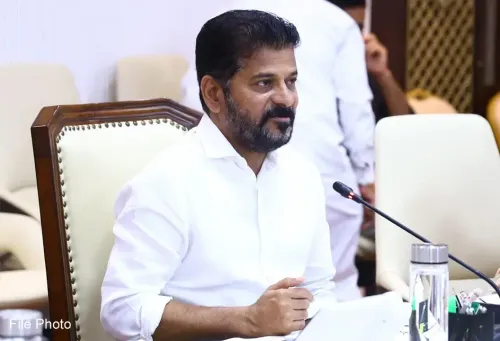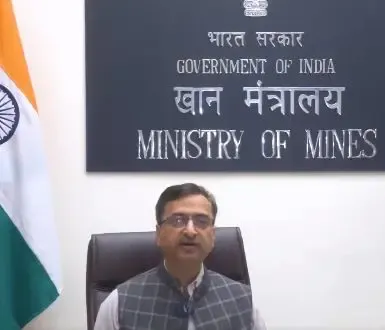Is India Delivering Lower Cost GCCs While Facing Poaching Challenges?

Synopsis
Key Takeaways
- India's operational costs for GCCs are 40% lower than Europe.
- Over 1,700 GCCs operate in India, employing 1.9 million people.
- Salary premiums for niche tech talent range from 30–50%.
- Attrition rates in GCCs are around 15–20%.
- India's tech professional pool stands at 5.4 million.
New Delhi, Nov 25 (NationPress) The ecosystem of Global Capability Centres (GCCs) in India is now entering a highly competitive landscape, marked by increasing attrition rates, aggressive recruitment from one GCC to another, and significant salary hikes for AI and machine-learning expertise, according to a recent report.
India offers operational costs that are 40 percent lower for GCCs as compared to Europe, with emerging hubs sprouting in tier 2 and 3 cities like Coimbatore, Jaipur, Kochi, Ahmedabad, Lucknow, and Chandigarh.
The whitepaper published by SPAG FINN Partners reveals that India is home to over 1,700 GCCs and nearly 2,975 centres, generating revenues of $64.9 billion and providing jobs for 1.9 million individuals, with projections estimating revenues to hit $100 billion by 2030.
The attrition rate across GCCs is reported to be between 15–20 percent, with even higher rates observed in AI, ML, and digital transformation roles. The report highlights that 60 percent of new hires are sourced from competing GCCs.
Niche technological talent is commanding salary premiums ranging from 30–50 percent, fueled by escalating demand. However, India still enjoys a competitive advantage due to its pool of 5.4 million tech professionals and a favorable demographic profile, with 65 percent of its population under the age of 35.
With a remarkable 92 percent adoption rate of AI, India maintains one of the most robust and future-ready talent pools globally, as per the findings.
Currently, almost 90 percent of GCCs in India function as multi-functional hubs, with half of them evolving into comprehensive transformation and portfolio centres.
Engineering and Research & Development (ER&D) focused GCCs are reportedly growing at a rate 1.3 times faster than the overall market.
However, the whitepaper cautioned that India is grappling with three major challenges: internal poaching, increased salary demands, and ineffective public relations. The demand for AI talent is exceeding supply, leading to 30–50 percent salary increases for specialized roles.
Despite the fierce competition for talent, only 25–30 percent of GCCs have engaged PR or communications partners to enhance their leadership narratives and employer branding.









